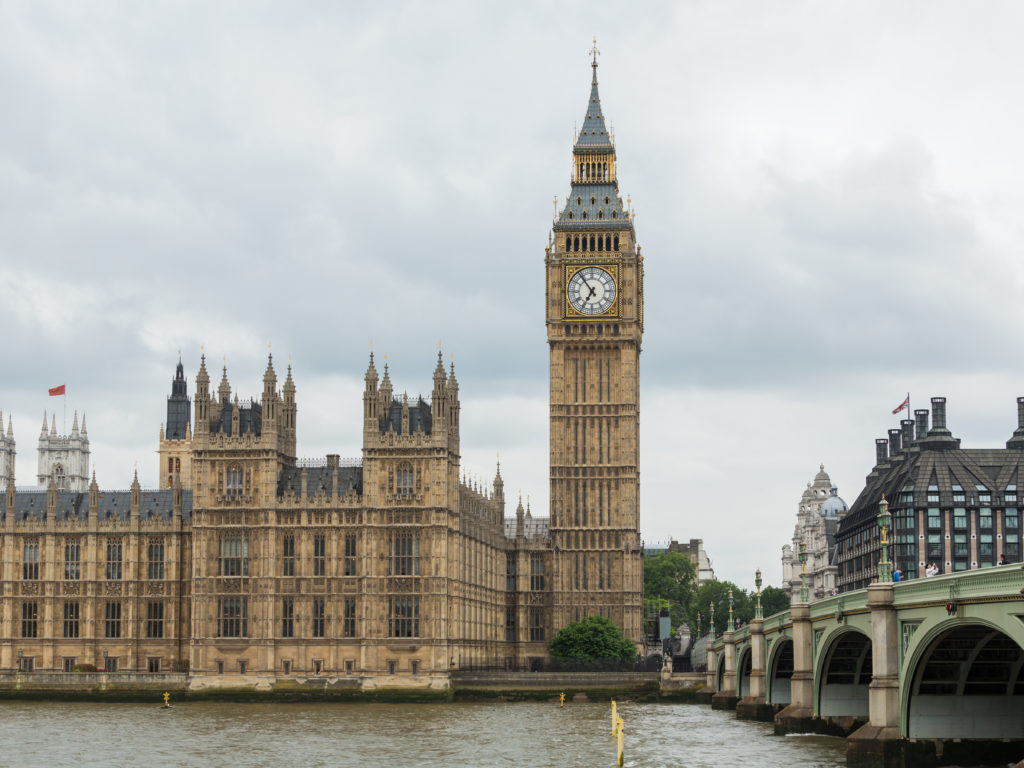
The Home Affairs Select Committee heard evidence on 10 February 2021, from Sir Julian King, the former European Commissioner for Security Union, and Sir Rob Wainwright, the former Executive Director of Europol. The witnesses responded to questions on the future of UK-EU security co-operation.
First impressions of the TCA
Both witnesses agreed that the Trade and Co-operation Agreement (‘TCA’), concluded between the UK and the EU on 24 December 2020, was in many ways a better deal than expected. The parties had successfully negotiated means of replicating pre-Brexit arrangements in respect of a number of key areas, including access to biometric data through the Prüm database, Passenger Name Record data sharing and the exchange of criminal records data. However, a number of outstanding questions remain, in particular, in relation to the implementation of the agreement, how best to mitigate the operational gap left by the UK’s loss of access to the Schengen Information System (SIS II) and the question of the EU’s decision on UK data adequacy.
Both witnesses were emphatic about the importance of continued co-operation in the fight against transnational crime and to this end cautioned against viewing the TCA as a static arrangement, but rather, as a platform upon which further co-operation can be built. One area for future expansion mooted by Sir Rob relates to the UK’s position in Europol. Analogy was drawn with the US, Australia and Switzerland, all of which have greatly extended their impact and influence within Europol despite their ‘third country’ status. This was achieved by a willingness and an ability to commit significant resources, including large numbers of liaison officers, enabling sizeable international operations to be carried out with these countries through Europol. Sir Rob noted that the two most significant Europol operations announced this year relate to cyber-security, an area that received specific mention in the TCA, and the UK’s involvement in both is an encouraging sign.
SIS II
The loss of access to SIS II and the adequacy of replacement measures, including the use of INTERPOL, featured heavily in the Committee’s questions. As to bilateral channels, Sir Rob said that whilst they remain a backbone of international policing, by their very nature – working on a bilateral basis – they do not provide the comprehensive coverage or efficiency needed to tackle globalised criminality. Whilst INTERPOL goes some way to plugging the gap left by SIS II, it does not go all the way. It offers a different set of capabilities and, according to Sir Rob, will require upgrading and investment before it can reach the level of technical proficiency and comprehensiveness offered by SIS II.
Sir Julian echoed these concerns about the limitations of INTERPOL as a replacement for SIS II. In particular, it will be a challenge to encourage our EU counterparts to enter the requisite information twice, on both the SIS II system for the benefit of EU Member States and also on the INTERPOL database for the benefit of the UK. The EU has said it will do this, but the UK is now largely, if not totally, dependent on the willingness of EU partners to maintain sufficient records across both systems. A further issue identified with the INTERPOL database is the current lack of integration with both the UK’s Police National Computer and national police information systems in Member States. This integration is necessary to enable the same instantaneous access to information by frontline officers offered by SIS II. It is not clear how much work will be required to replicate this operational capability.
The Chair of the Committee noted that neither the NCA nor ministers have been able to provide details of how many alerts for wanted persons have in fact been entered onto the INTERPOL database compared with SIS II. The Chair asked the witnesses whether the goal going forward should be to improve transparency in the INTERPOL system or to try and create a new parallel system, potentially with the Five Eyes countries (the UK, US, Canada, Australia and New Zealand). Sir Rob advocated in favour of maximising our existing capabilities through increased investment in INTERPOL. Sir Julian agreed but noted that while this investment is taking place, the Government is also exploring the possibility of complementing the INTERPOL system with an additional alert sharing system with like-minded countries, beginning with the Five Eyes.
Data adequacy decision
The UK is still awaiting a decision from the European Commission, due before June, as to whether it will be granted data adequacy. Sir Julian told the Committee that, in his view, the UK’s data protection laws are equivalent to those in the EU and there is no reason why the Commission should not be able to grant the UK data adequacy. Both witnesses however noted that should a data adequacy decision not be forthcoming, this could lead to suspension of some of the information-sharing provisions agreed in the TCA.
Concluding remarks
The witnesses noted at the close of the session that although the TCA represents a successful effort to preserve much of the co-operation that had built up over the UK’s membership of the EU, we have clearly lost something upon which we depended. The UK is no longer a Member State and as such will never have 100 percent of what it had before. Beyond hoping for successful implementation, investment in INTERPOL and the grant of data adequacy both witnesses expressed their hope that the agreement represents a basis for developing further co-operation with EU partners in the future.
Tags: Brexit Categories: EU, United Kingdom



Recent Comments